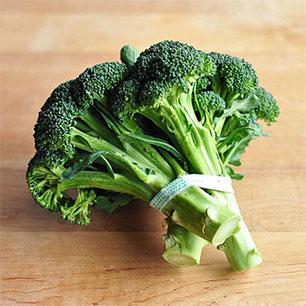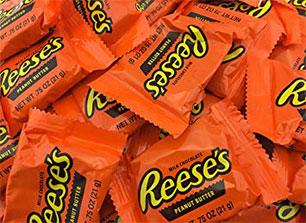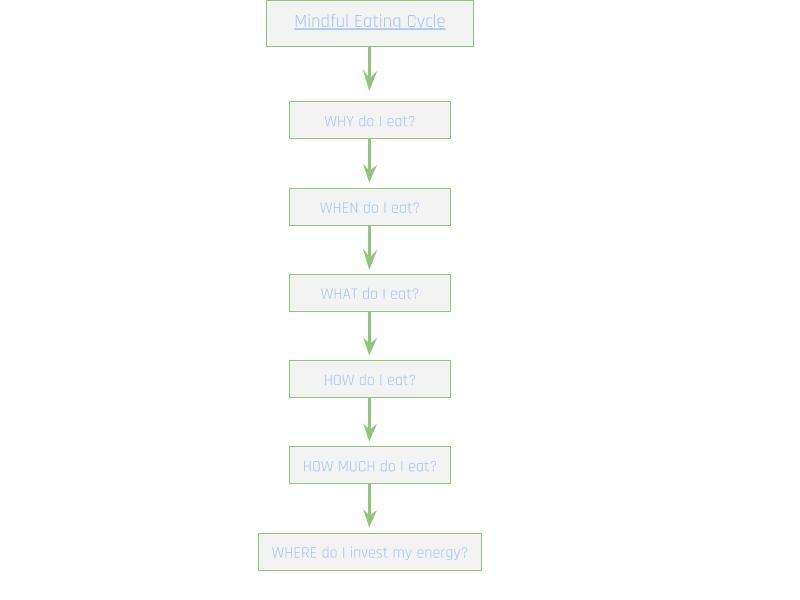A key to a healthy lifestyle change and a diet is consistency and determination. The human body needs and likes consistency. Mindful eating or eating consciously is a technique that helps you gain control and regulate your eating habits. It has been shown to cause weight loss, reduce binge eating, and help your overall health. Unconscious eating patterns are the most common theme and struggle among clients. Usually weigh gain is accidental; the outcome of a busy life, emotional stress, mental stress, or even mental weakness. All of these can lead to unconscious eating habits and accidental weight gain.
Unconscious eating can be identified through physical, emotional, or mental symptoms and causes. Physical symptoms of unconscious eating are weight gain an physical causes could be mindless eating, an injury, or an unwanted lifestyle change. Emotional issues can drive unconscious eating and form a reliance on food as a coping mechanism. Mental causes are noticeable when you find yourself justifying poor eating decisions by statements such as “I don’t want it to go to waste…” or “it was a rough day, I deserve this…”. It is important to notice and correct these habits when trying to maintain consistency to improve a healthy lifestyle.
How often do you find yourself in the kitchen breaking into you stash of junk food that you bought with the intentions of saving it or eating it sparingly? You typically eat a couple pieces and then a couple minutes or hours later you find yourself back inside the kitchen picking through the same stash. How about eating the appetizers such as ships and salsa when going out to eat? After about 15 minutes you look down and notice the ENTIRE basket of chips are gone and you’re in need of more. These mindless habits are hurtful to the body and mind.
Not all people are aware of the consequences of their eating habits and choices. The belief that a calorie is a calorie and they’re all the same is a common myth when watching caloric intake. Different calories sources have different effects on hunger, hormones, metabolic rates, and expenditure. Therefore strictly counting calories is not necessary to lose weight but instead changing the source of the calories! It is important to be aware of eating decisions and the nutrients that are being received from them!
“Mindful eating is about awareness. When you eat mindfully you slow down, pay attention to the food you’re eating, and enjoy every bite” -Susan Albers
A good way to practice mindful eating is to be aware of your body, how it feels, what it needs, and your actions. Since people eat for reasons other than physical hunger the first question to practice asking yourself is “why do I eat?”
Why do I eat? This helps to realize the reasons other than physical hunger that you turn to food; it can include stress, fatigue, social events, and other reasons.
When do I eat? This can depend on physical hunger but also can be dependent on the clock/ time of the day, a busy schedule, or emotions.
What do I eat? This examines the reasons as to why you choose the foods you choose. It can be taste, nutrition, comfort, or availability.
How do I eat? This indicates if you eat quickly, rushed, secretly, or mindful.
Where do I invest my energy? Eating different types of foods may cause you to feel sluggish and cause you to drag behind. Eating the right types of food will help your energy levels and lead to more productive days.
This cycle is implemented in the Nuviva lifestyle program and it helps to promote wellness throughout your lifestyle. It is important for us, not only to advise clients on the food that they eat but also to break the mindset and lifestyle that got them in the position that they are unhappy with. With this practice and mindset it makes this process easier, more pleasant, and more permanent for clients This fosters a healthful relationship with food and pushes the clients to become more aware of the nourishment available through the process of food preparation and consumption. The phases throughout the program not only work to reduce carbohydrates, sugars, and caloric intake but also to break the habit of unconscious eating and to form mindful, conscious eating. Conquering this also is detrimental to the success of starting a new lifestyle.










0 comments